View the CV as a pdf:
| Data: |
Neural ephys (EEG, ECoG, LFP) |
Non-neural ephys (ECG, EMG) |
Audio |
Motion |
Behaviour |
| | | | | |
| | | | | |
| Analysis: |
Machine learning |
BCIs/HCIs |
Real-time decoding |
Closed-loop neurofeedback |
Signal processing |
|
Deep learning |
Multimodal analyses |
Statistics |
HPC |
| | | | | |
| | | | | |
| Programming: |
Python |
MATLAB |
C++ |
C |
JavaScript |
|
HTML |
CSS |
| | | | | |
| | | | | |
| Toolboxes: |
Scikit-learn |
TensorFlow |
MNE |
PyTorch |
LabStreamingLayer |
|
XGBoost |
CatBoost |
Pandas |
Numba |
| | | | | |
| | | | | |
| Software engineering: |
Agile |
DevOps |
CI/CD |
VCS (Git) |
MLOps |
| | | | | |
| | | | | |
| Research topics: |
Neuromodulation (DBS) |
Movement (including disorders) |
Music preference |
Methods development |
Decision making |
| | | | | |
| | | | | |
| Soft skills: |
Proactive & independent |
Strong team worker |
Excellent communication |
Great problem solving |
Resilient |
|
Adaptable |
Highly motivated |
Exceptional time management |

I am advancing at-home non-invasive stimulation (tDCS) for the treatment of brain disorders like depression, using machine learning applied to multimodal neural and non-neural signals.

I worked on a $3 Million research project for AI systems as part of the Music Excellence Project, supported by the Sony Global Internship Programme. The work was conducted in a dynamic, interdisciplinary team of neuroscientists, computer scientists, and engineers to develop a multimodal, real-time HCI system for music recommendation using EEG and acoustic signals, delivering results on time and within budget:
- Developed a multimodal HCI system for real-time decoding, ensembling linear techniques and deep learning approaches to improve accuracies by 15% while keeping latencies <80 ms.
- Identified task-relevant features for decoding through in-depth explorations of EEG and non-neural signals using Python, producing robust and real-time-feasible decoding features.
- Designed, validated, and executed machine learning algorithms, exploring linear, non-linear, and CNN/deep learning architectures in Python, establishing an accurate and modular multimodal system for decoding.
- Rapid in-silico and in-vitro prototyping and validation of a real-time HCI system, combining open-source and proprietary software tools in collaboration with engineers to meet project deadlines.
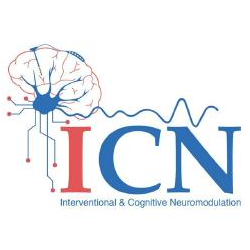
For my PhD, I identified biomarkers and therapeutic mechanisms for a €1.5 Million neuromodulation research project, supported by a PhD Fellowship from the Einstein Center for Neurosciences Berlin. The work was conducted in a collaborative, international team of neuroscientists, computer scientists, and clinicians, using machine learning methods applied to multimodal signals (ECoG, LFP, ECG, EMG) in Parkinson’s disease patients:
- Designed and executed advanced multimodal signal processing pipelines using novel multivariate algorithms in Python, identifying biomarkers and DBS mechanisms for the first time in humans.
- Developed offline and online closed-loop HCI systems using machine-learning-based neural decoding pipelines, achieving accuracies >85% for movement-related neural activity in latencies <15 ms.
- Designed and executed multimodal (ECoG-LFP) experimental paradigms through collaboration with clinical teams to acquire first-of-its-kind human Parkinson’s data for biomarker identification.
- Communicated findings to biomedical professionals through international conferences and high-impact journals according to project timelines and deliverables, helping to secure future funding.

Alongisde my PhD, I worked to support a €1 Million machine learning research project, bringing advanced signal processing and machine learning algorithms for electrophysiological time-series data to open-source software:
- Implemented real-time-compatible signal processing algorithms for machine learning pipelines in the MNE ecosystem as part of the Google Summer of Code, bringing these advanced tools to Python for the first time.
- Implemented advanced signal processing algorithms based on the bispectrum, offering tools for robust biomarker and theraputic mechanism identification in the standalone PyBispectra package for Python.
- Developed and validated novel advanced signal processing algorithms, bringing them to open-source toolboxes like MNE.
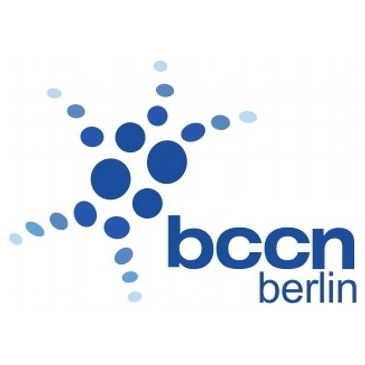
I worked in the Haynes group to develop and execute offline signal processing pipelines and online neurofeedback paradigms using machine learning and EEG-based BCIs to explore human movement and decision making, supported by an Erasmus scholarship:
- Developed real-time neurofeedback systems using machine-learning-based neural decoding pipelines, achieving accuracies ~80% for movement- and decision-related neural activity in latencies <20 ms.
- Designed, validated, and executed EEG-based experimental paradigms for real-time neurofeedback using MATLAB and Python, identifying neural mechanisms of decision making in line with project timelines and within budget.
- Identified task-relevant features for decoding through in-depth explorations of EEG and movement signals in MATLAB, producing robust and real-time-feasible decoding features.
- Designed and executed offline machine learning algorithms applied to EEG and movement signals using MATLAB, identifying neural mechanisms of movement.
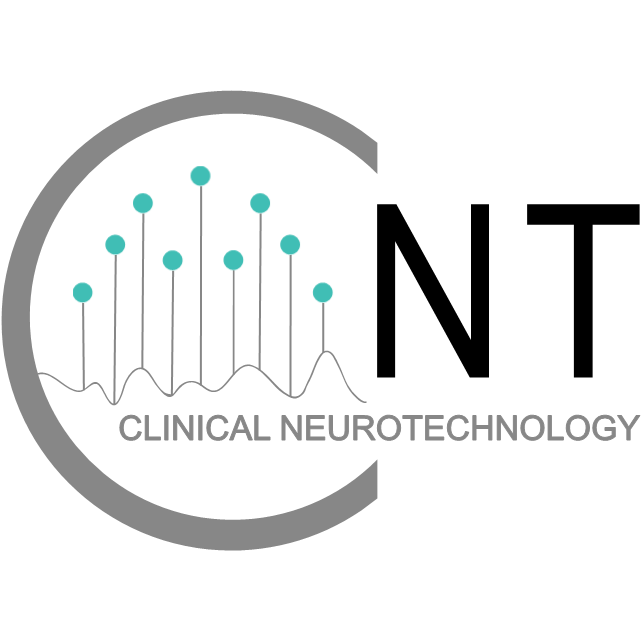
I supported the Clinical Neurotechnology group by initiating development of a 3D-printed head phantom for improving our understanding of forward models of brain activity, and the effects of non-invasive stimulation on brain activity:
- Rapid prototyping and validation of electrically conductive 3D-printed structures in silico and in vitro to evaluate suitable head phantom candidates.
- Investigated electrical material properties in vitro to identify biophysically comparable 3D-printable materials.
- Investigated physical material properties and structural designs in silico and in vitro to identify suitable components and structures for 3D printing.
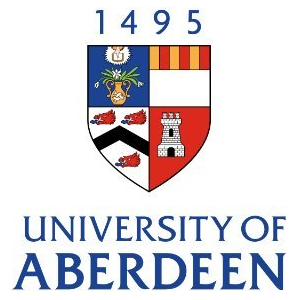
I worked in the Computational Modelling group for my Honour's project to study the effects of neuromodulation on information processing using single- and multi-unit recordings in silico, related to understanding the mechanisms of movement and decision making:
- Recipient of the University of Aberdeen's Neuroscience Student Prize in recognition of my outstanding work.
- Developed, validated, and executed pipelines for computational modelling of neural activity using NEURON and Python, producing advanced algorithms for assessing the regulation of neural activity in silico.
- Investigated neuromodulation of brain activity using in silico computational modelling and signal processing of spiking activity in Python, identifying neural mechanisms of information processing.

I worked in the Cognition, Attention, and Perception group on cognitive neuroscience research projects, designing and executing EEG and behavioural experiments to investigate human decision making, supported by a Wellcome Trust scholarship:
- Designed, validated, and executed cognitive neuroscience experiments implemented in MATLAB, procuring EEG and behavioural data in line with project timelines and within budget.
- Developed and executed EEG and behavioural analysis pipelines using MATLAB, identifying mechanisms of decision making.
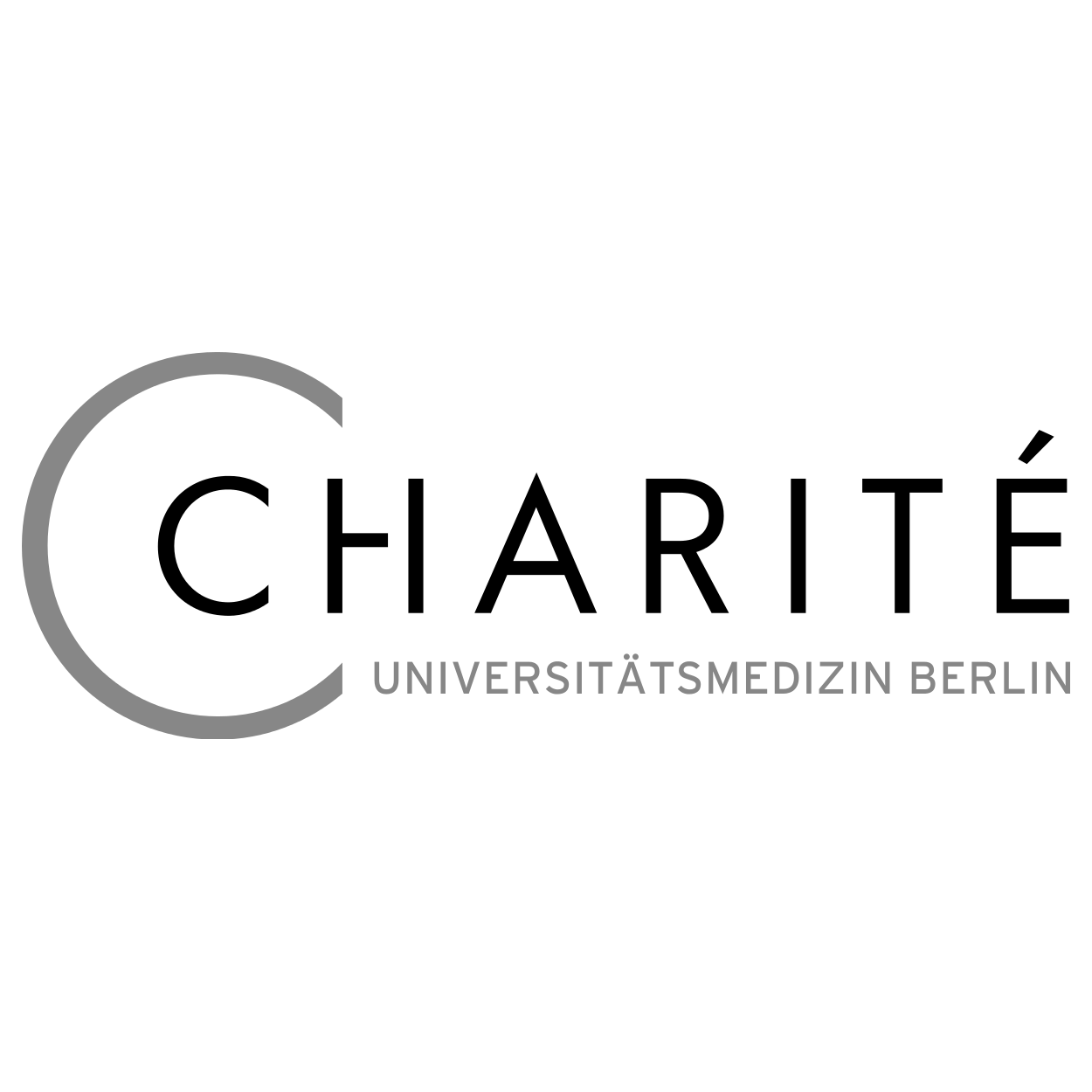
Working towards my fellowship-funded PhD on invasive neural recordings from Parkinson's disease patients to identify biomarkers for use in machine learning-based adaptive deep brain stimulation treatments.
Dissertation: “Shared network mechanisms of dopamine and deep brain stimulation for the treatment of Parkinson’s disease”. Pending assessment.
Supervisors: Prof. Wolf-Julian Neumann, Prof. Stefan Haufe, and Prof. Andrea Kühn.
View associated experience in the Neuromodulation Unit and QAI Labs.
Deep brain stimulation (DBS) is a brain circuit intervention that can modulate distinct neural pathways for the alleviation of neurological symptoms in patients with brain disorders. In Parkinson's disease, subthalamic DBS clinically mimics the effect of dopaminergic drug treatment, but the shared pathway mechanisms on cortex-basal ganglia networks are unknown. To address this critical knowledge gap, fully-invasive neural multisite recordings in patients undergoing DBS surgery were combined with MRI-based whole-brain connectomics.
The findings demonstrate that dopamine and DBS exert distinct mesoscale effects through modulation of local neural population synchrony. In contrast, at the macroscale, DBS mimics dopamine in its suppression of excessive interregional network synchrony associated with indirect and hyperdirect cortex-basal ganglia pathways. Our results provide a better understanding of the circuit mechanisms of dopamine and DBS, laying the foundation for advanced closed-loop neurostimulation therapies.

Industrial Placement (Master's) thesis: “Investigating neural precursors of self-initiated action using machine learning techniques”. First-Class.
Supervisors: Dr. Matthias Schultze-Kraft and Prof. John-Dylan Haynes.
Placement at the Bernstein Center for Computational Neuroscience, Berlin, Germany.
View associated experience.
The readiness potential (RP) is a slow, negative electrical potential preceding voluntary actions observed in EEG recordings. According to the classical interpretation, the RP reflects movement preparation and should only be found immediately prior to voluntary action. In contrast, the stochastic accumulator model argues that the RP is the result of accumulated neural activity and does not reflect movement preparation. One prediction derived from this accumulator model is that events resembling the RP should be found throughout the EEG data of tasks where voluntary actions are permitted. This prediction was tested using machine learning techniques.
Events resembling the spatio-temporal profiles of the RP were identified in the EEG data, however there were discrepancies between these events and details of the prediction of the model. Yet, these events were not found to be false positives resulting from noise in the EEG recordings, raising the possibility that these events were related to voluntary action and the RP in some manner. This provides tentative support for the stochastic accumulator model.
Honours (Bachelor's) thesis: “Investigating the neuromodulation of striatal activity in silico”. First-Class.
Supervisor: Dr. Antonio Gonzalez.
View associated experience.
The dendritic plateau potential is thought to shape information processing in striatal projection neurons. The effect of cholinergic and dopaminergic modulation on the plateau potential and the spiking activity of striatal projection neurons was investigated in silico. Plateau potentials were generated with spatially clustered excitatory inputs to dendrites, and the efficacy of cortico-striatal inputs at triggering cell spiking in the presence and absence of cholinergic and dopaminergic modulation were observed.
There were some instances of dopaminergic modulation in which the probabilities of cells spiking were altered, however changes in spiking were largely attributed to alterations in cell excitability. It is concluded that acetylcholine and dopamine do not influence striatal information processing through altering plateau potentials induced by clustered excitatory inputs, with the persistence of the plateau potential supporting its proposed essential role in striatal information processing.

I am a maintainer and developer of the MNE ecosystem, a set of Python toolboxes for electrophysiological data analysis with over 3,000 stars on GitHub and citations in over 5,000 peer-reviewed scientific papers, My participation in the project has been supported by a National Science Foundation grant and the Google Summer of Code programme:
- Developed toolboxes, operating in CI/CD workflows within solo to large-sized teams to implement new signal processing, machine learning, statistics, and visualisation features.
- Maintained toolboxes, following design patterns and established best practices to implement bug fixes, design and maintain automated workflows, and create software releases.
- Community support and triaging of user queries through managing forums and issue trackers to provide technical assistance to users, and handle bug reports and feature requests.
- Conducted code reviews of PRs to supervise the implementation of new features and bug fixes.
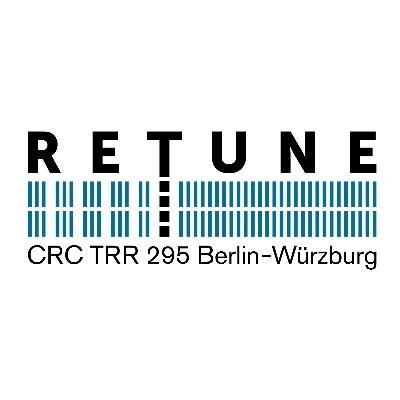
As co-founder of the ReTune research consortium's Code Clinic, I improved the quality and usability of programming in scientific research projects and open-source scientific software packages:
- Conducted and supervised code reviews to identify errors and promote adherence to coding best practices, ensuring high quality, understandable code that can be used by wider research teams.
- Conducted and supervised pair programming schemes for junior programmers to receive personalised feedback on their research project code from experienced developers.
- Conducted and organised talks on improving code for research projects and open-source packages by incorporating object-oriented, design pattern, and DevOps principles.
- Organised and led teams in hackathons to develop implementations of electrophysiological signal processing methods and machine learning algorithms in open-source toolboxes.
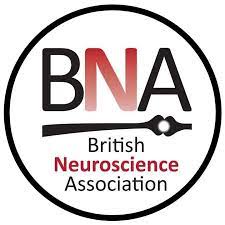
As a member of the British Neuroscience Associsation I took full advantage of the Association’s activities, attending talks and symposia to broaden my understanding of various neuroscience topics. Furthermore, I contributed an article examining the neuroscientific study of free will to the Association’s Summer 2020 Bulletin .

I am a maintainer of the popular open-source MNE ecosystem for Python, a set of toolboxes with over 3,000 stars on GitHub, and citations in over 5,000 peer-reviewed scientific papers. My involvement is currently supported by a National Science Foundation grant for supporting open-source projects. My contributions have involved the addition of new features, bug fixes, project maintenance, and user support. This has included the implementation of several advanced, multivariate signal processing methods in the MNE-Connectivity package (related to my work in the Quality in Artificial Intelligence Group), as well as a Google Summer of Code project to implement a connectivity decoding module for real-time, data-driven analysis of high-dimensional data alongside statistical tools for distinguishing genuine interactions from background noise.
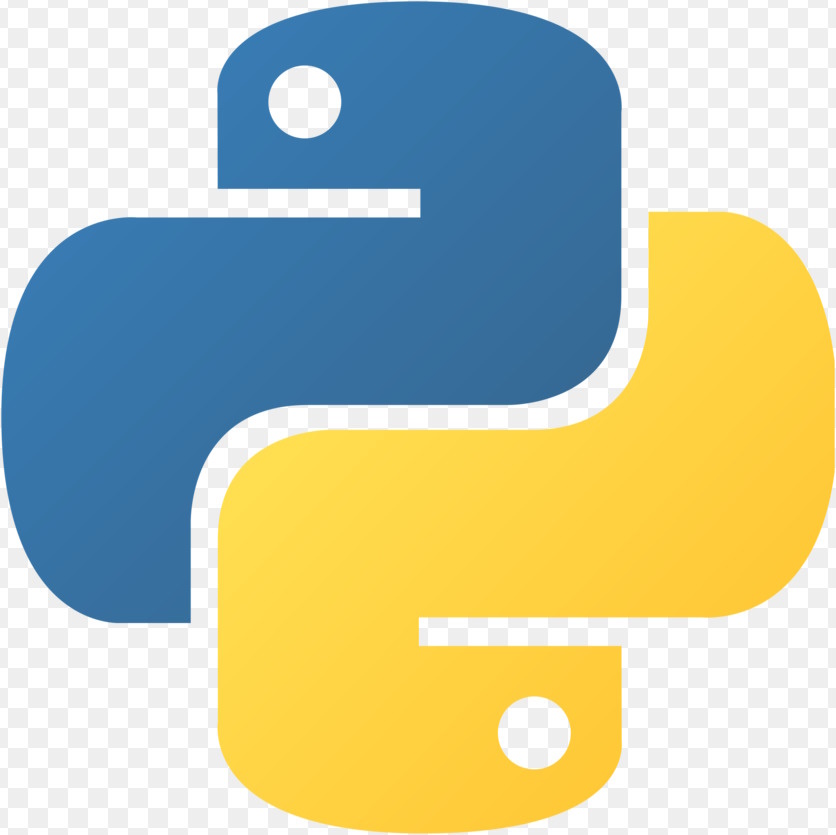
I developed PyBispectra, an open-source Python package for performing advanced signal analysis using the bispectrum (related to my work in the Quality in Artificial Intelligence Group). There is support for analysing: cross-frequency coupling (amplitude-amplitude, phase-phase, and phase-amplitude coupling); frequency-domain wave shape features; as well as time delay estimations between signals. The package uses multiprocessing and Numba-based C compilation for rapid, computationally efficient signal processing.

I developed the PyPARRM package, an open-source Python implementation of the PARRM algorithm for removing stimulation artefacts from electrophysiological recordings (related to my work in the Interventional and Cognitive Neuromodulation Group). This package is equipped with multiprocessing support for rapid signal processing, as well as an extensive interactive tool for exploring the effects of different filter parameters on the data.
For the full list of publications and talks, click here.
Binns, TS, Köhler, RM, Vanhoecke, J, Chikermane, M, Gerster, M, Merk, T, Pellegrini, F, Busch, JL, Habets, JGV, Cavallo, A, Beyer, JC, Al-Fatly, B, Li, N, Horn, A, Krause, P, Faust, K, Schneider, GH, Haufe, S, Kühn, AA, Neumann, WJ (2025). Shared pathway-specific network mechanisms of dopamine and deep brain stimulation for the treatment of Parkinson's disease. Nature Communications. DOI: 10.1038/s41467-025-58825-z.
Deep brain stimulation (DBS) is a brain circuit intervention that can modulate distinct neural pathways for the alleviation of neurological symptoms in patients with brain disorders. In Parkinson's disease, subthalamic DBS clinically mimics the effect of dopaminergic drug treatment, but the shared pathway mechanisms on cortex-basal ganglia networks are unknown. To address this critical knowledge gap, we combined fully-invasive neural multisite recordings in patients undergoing DBS surgery with MRI-based whole-brain connectomics.
Our findings demonstrate that dopamine and DBS exert distinct mesoscale effects through modulation of local neural population synchrony. In contrast, at the macroscale, DBS mimics dopamine in its suppression of excessive interregional network synchrony associated with indirect and hyperdirect cortex-basal ganglia pathways. Our results provide a better understanding of the circuit mechanisms of dopamine and DBS, laying the foundation for advanced closed-loop neurostimulation therapies.
Binns, TS, Furuya, S, Cheung, VKM (2025). A real-time multimodal system for music preference decoding combining EEG and acoustic features. In: Extended Abstracts for the Late-Breaking Demo Session of the 26th International Society for Music Information Retrieval Conference, Daejeon, South Korea. Paper , Poster
A recent focus in the development of music recommendation systems is the incorporation of physiological signals. Among this, the possibility of using non-invasive, electroencephalography-based neural activity is of great interest. In this preliminary work, we sought to predict the preference of individuals for previously unheard music through a combination of acoustic and neural features. We developed a real-time system for preference decoding which was used to skip songs with ∼80 ms latency according to users’ desires. The results suggest that music recommendation systems could supplement acoustic features with neural activity for characterising an individual’s music preferences in real time, with options to incorporate further acoustic and physiological information for improved system accuracy.
Binns, TS, Pellegrini, F, Jurhar, T, Nguyen, TD, Köhler, RM, Haufe, S (2025). PyBispectra: A toolbox for advanced electrophysiological signal processing using the bispectrum. Journal of Open Source Software. DOI: 10.21105/joss.08504.
Various forms of information can be extracted from electrophysiology data. Of this, phase-amplitude coupling, time delays, and non-sinusoidal waveshape characteristics are of great interest, providing mechanistic insights into physiology and pathology. However, methods commonly used for these analyses possess notable limitations. Recent work has revealed the bispectrum - the Fourier transform of the third order moment - to be a powerful tool for the analysis of electrophysiology data, overcoming many such limitations. Here we present PyBispectra, a package for bispectral analyses including phase-amplitude coupling, time delays, and non-sinusoidal waveshape.
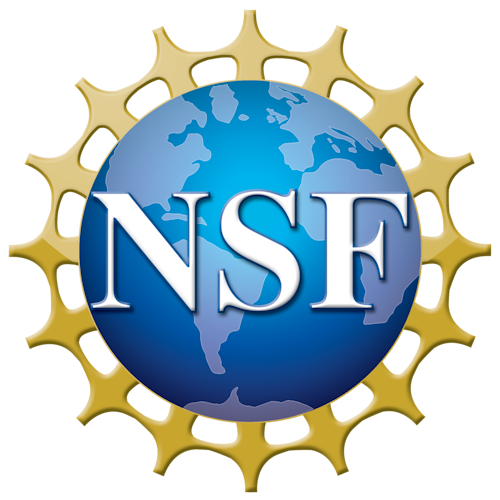
I am participating in an NSF-funded POSE grant to train new maintainers for MNE, building on my existing contributions to the MNE ecosystem.

I was awarded this extremely competitive internship to work as a neurotechnology researcher at Sony Computer Science Laboratories in Tokyo where I developed real-time brain-computer interface systems for music preference decoding.

The paper of my PhD Fellowship was selected at the paper of the month of the German Research Foundation (DFG)-funded ReTune research centre.
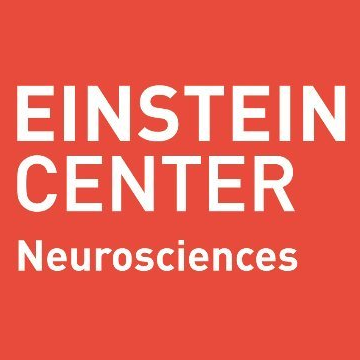
Of almost 1,000 applicants, I was one of only a handful of people to be accepted for this prestigious and extremely competitive fellowship. Associated with my PhD work at the Charité - Universitätsmedizin Berlin, Germany.

I was awarded this stipend to expand the repertoire of open-source tools for analysing effective connectivity in electrophysiological data in the MNE-Python ecosystem. This included the development of a new decoding module in MNE-Connectivity for the real-time, data-driven analysis of high-dimensional data, as well as the addition of statistical tools to distinguish genuine interactions from background noise. Project details here.

My work on the first fully-invasive, within-patient analysis on the effects of medication and deep brain stimulation on cortico-subthalamic connectivity was awarded with the prize for best poster at the Early-Career Fall School of the German Research Foundation (DFG)-funded ReTune research centre.

Upon completion of my MSci degree, I was honoured to receive the University of Aberdeen’s prize for best neuroscience student, a yearly prize presented to a student on the Neuroscience degree programme in recognition of the individual’s excellent performance during their time at the university.
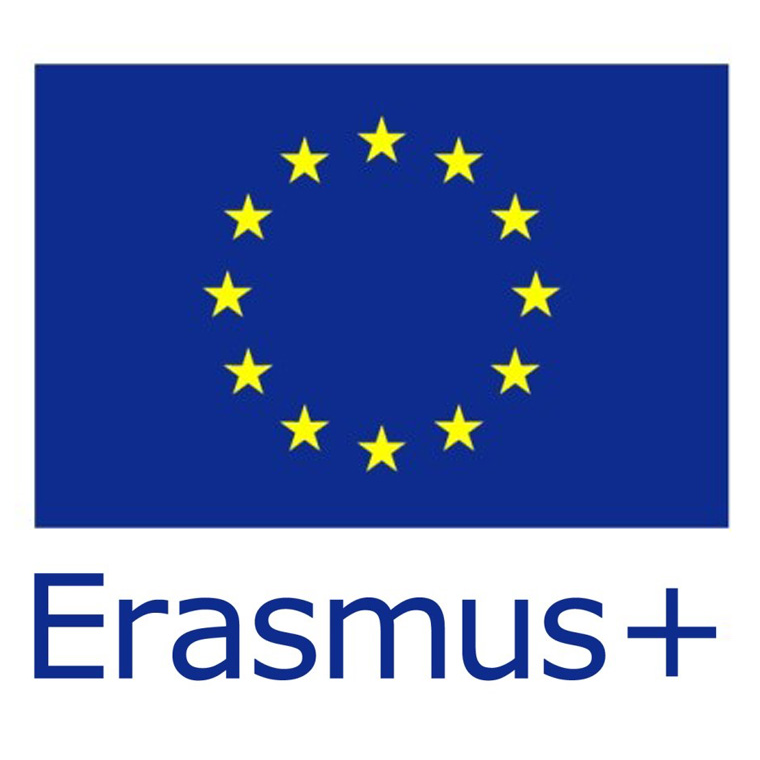
This generous grant from the British Council allowed me to complete my Master's project in the Haynes Laboratory of the Bernstein Center for Computational Neuroscience, Berlin, Germany.

I was successful in receiving this highly competitive scholarship from the prestigious Wellcome Trust to complete my research in the Consciousness, Attention, and Perception Laboratory of the University of Aberdeen, UK.

I led teaching of the Charité's Medical Neurosciences Master's programme modules on clinical neuroscience and invasive neurophysiology. Topics included: machine learning for neural decoding; movement disorders from a brain network perspective; and research methods for invasive neurophysiology.
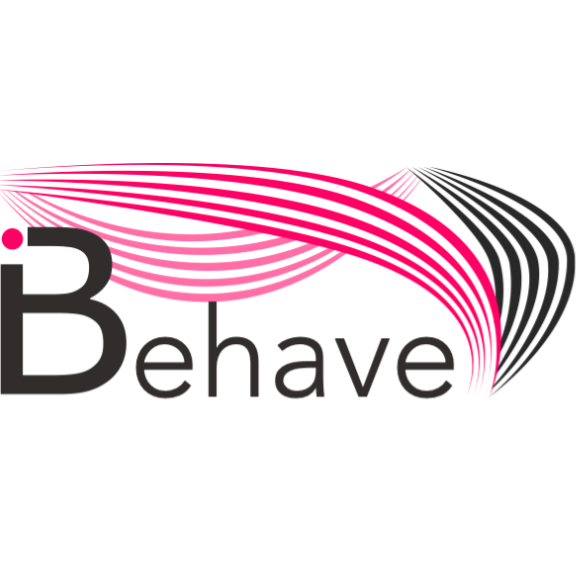
I taught an interactive course on signal processing with the MNE-Python and MNE-Connectivity packages as part of the iBehave Network's Open Technology initiative. The course provided a foundation to students in the analysis of electrophysiological data with Python, including topics on: machine learning; time-frequency analysis; connectivity analysis; and source reconstruction.

I led teaching of the Charité's Medical Neurosciences Master's programme modules on clinical neuroscience and invasive neurophysiology. Topics included: electrophysiological biomarkers of movement disorders in invasive neuronal recordings; basal ganglia anatomy, physiology, and pathophysiology; and research methods for invasive neurophysiology.

In this seminar series for Master's students, I supervised the topics of generalised eigendecompositions for multivariate analysis (common spatial pattern filters, spatio-spectral decomposition, etc...) and oscillatory connectivity in neuroimaging.
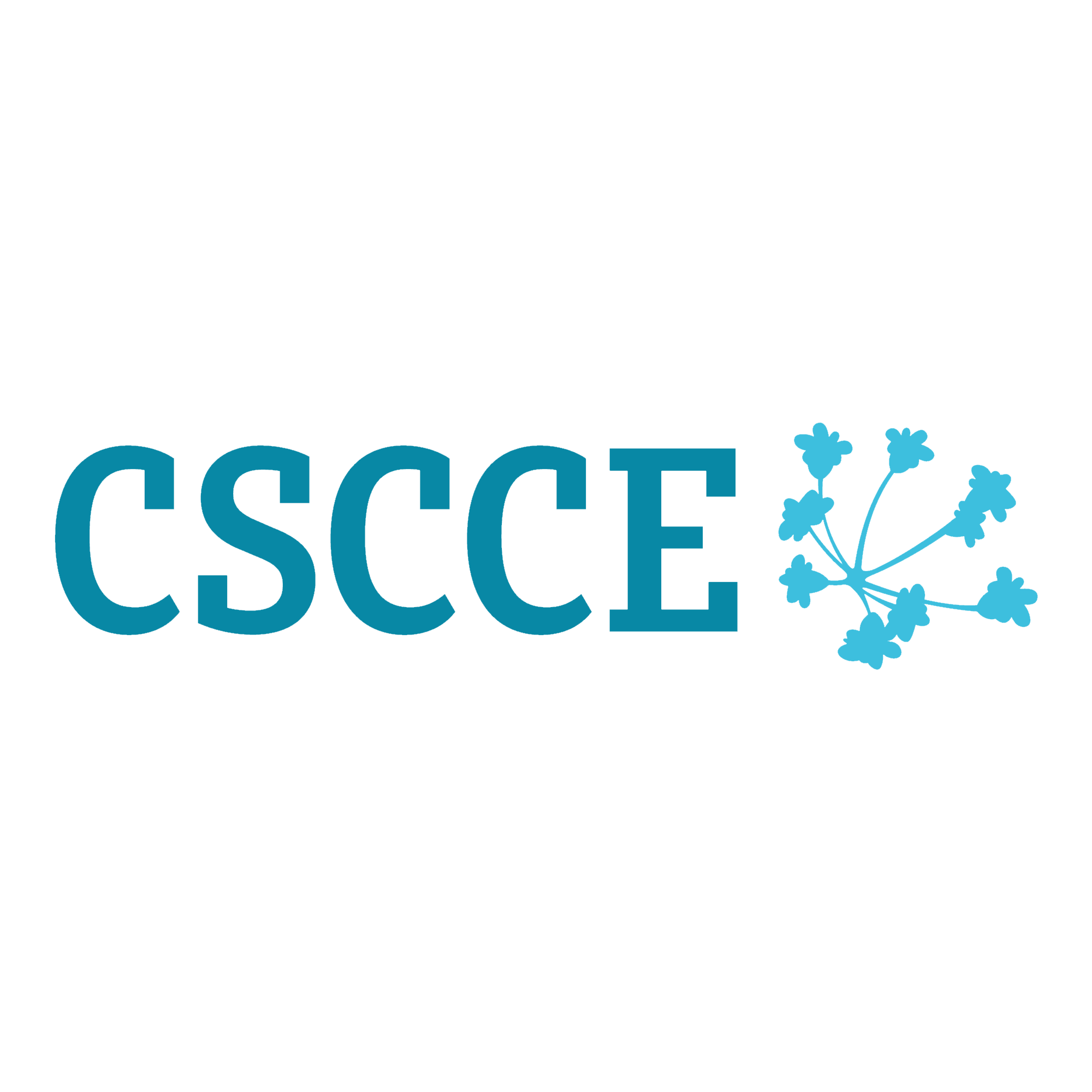
An eight-week-long course promoting actionable skills and strategies for effective engagement of members in scientific communities, including lowering barriers for participation, identifying shared goals, and developing relevant content.
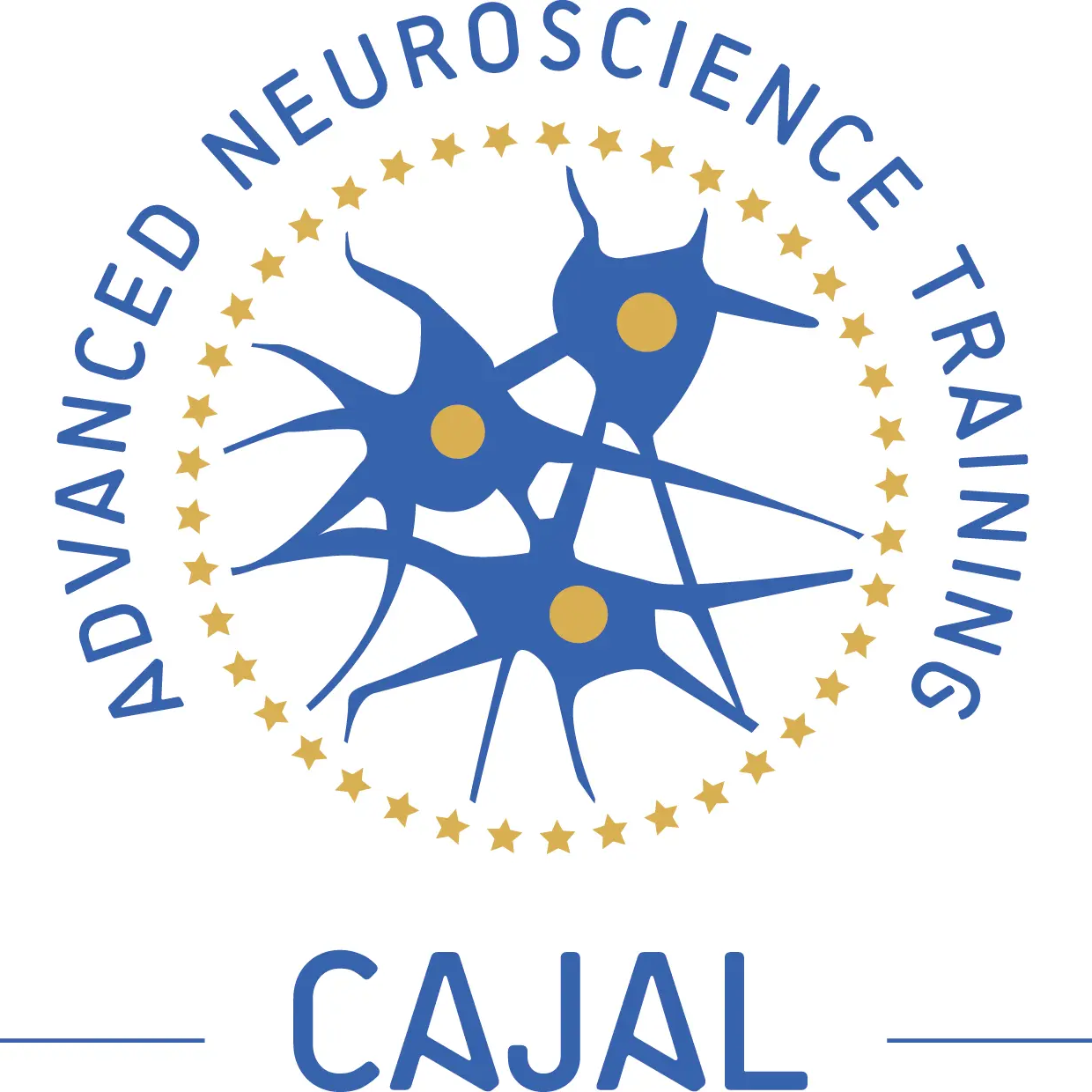
A week-long, intensive hands-on course in which students develop their understanding of electronics, microcontrollers, and machine vision through the construction of an increasingly capable robot.

This course teaches principles of open and collaborative science, by which research can be integrated across academia, industry, and with the general public, ensuring that academic research is innovative and relevant to wider society.

A course covering key aspects of machine learning and inverse modelling in neuroscience, including mathematical frameworks for inverse modelling, regularisation of inverse solutions, frameworks for supervised and unsupervised machine learning, and Bayesian inference.

An intensive week-long course of lectures and workshops covering theoretical foundations and practical aspects of ethics in neuroscience, including topics such as deep brain stimulation, brain death, artificial intelligence, and data protection.
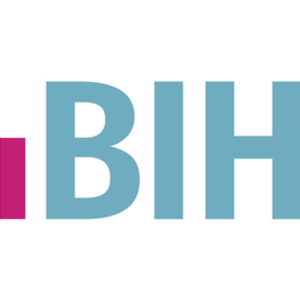
An eight-week-long course consisting of seminars and workshops in which participants are trained to identify common problems related to tranaparency and reproducibility in scientific research. In doing so, participants learn how to overcome these challenges, and implement best practices in their own work to make it more robust, transparent, and reproducible.
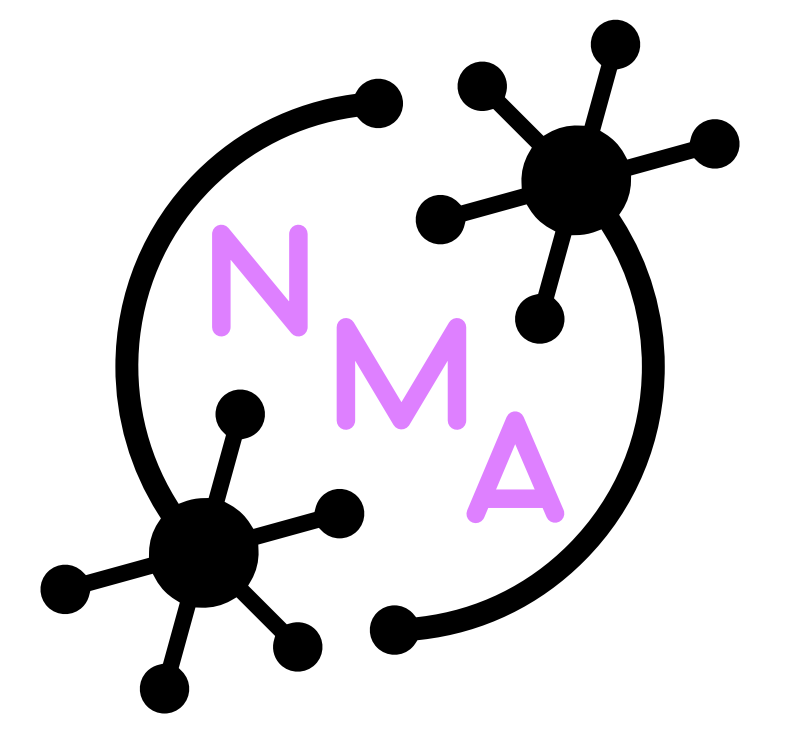
A three-week-long, highly intensive online summer school covering modelling, statistics, and machine learning, focusing on traditional and emerging tools of computational neuroscience, with extensive group work and Python programming.
Available upon request: